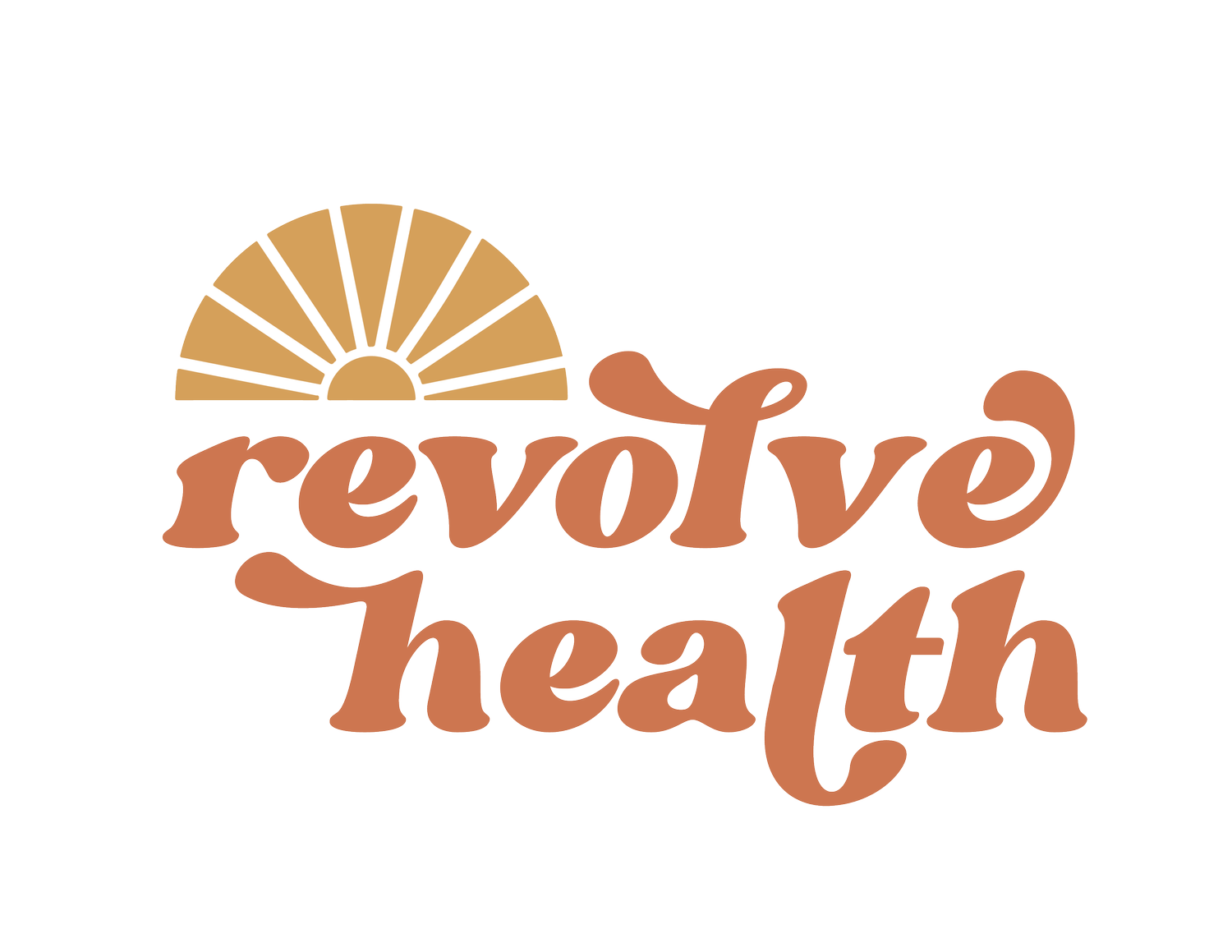Glutathione- The Fountain of Youth
Glutathione is a vital antioxidant that is naturally found in every cell in your body. It’s sometimes known as the “Fountain of Youth” and is a key nutrient in detoxification pathways. It’s strongly anti-aging and helps prevent disease by protecting cells from damage.
Achieving optimal health, improving performance, and preventing chronic disease all rely on keeping levels of glutathione high.
DETOXIFICATION
Glutathione is the main driver of the removal of toxins through the liver. It helps our bodies get rid of both internal (metabolic) and external (environmental) waste.
If you use medications (especially Tylenol), have exposure to pesticides or other chemicals, drink alcohol, or have significant environmental exposure to toxins, you’ll likely benefit from additional glutathione support. Glutathione also helps to protect the liver cells from damage and prevent various liver diseases.
IMMUNITY
As a powerhouse antioxidant, glutathione helps your innate immune cells do their jobs effectively, and helps fight damage from infection.
PROTECTING
Glutathione protects our cells and tissues from free radicals. It helps recycle Vitamin C + Vitamin E, other primary antioxidants. This helps with the healing and recovery of damaged tissues and reduces oxidative stress.
Bonus: It helps your skin look great!
METABOLISM & BLOOD SUGAR
Glutathione helps regulate blood sugar levels in the body by reducing insulin resistance. Adequate glutathione levels help to boost fat loss and lower fat storage.
Do I Need Glutathione?
With the right building blocks, the right genetics, and a superbly clean, healthy lifestyle with low toxin exposure you may be able to produce adequate levels of glutathione yourself (depending on your genetics).
Glutathione is naturally depleted with aging and increased cellular stress!
Glutathione production decreases significantly with age. Interestingly, people who live longer have more available glutathione! Stress, poor nutrition, and toxin exposure will deplete your glutathione over time.
Low glutathione levels have been linked to many chronic degenerative conditions like cancer, cardiovascular, liver, and neurodegenerative diseases like Alzheimer’s.
If you have genetic mutations in the MTHFR gene or have other compromised detoxification genes, you could have a harder time maintaining optimal levels of glutathione. (Learn more about specialized genetic testing here: https://www.seekinghealth.com/collections/strategene)
How can I get more glutathione?
Glutathione is made of three amino acids, or protein building blocks: cysteine, glycine, and glutamate, and is made with a sulfur molecule.
To support internal glutathione production, consume sulphur-rich vegetables like garlic, onions, shallots, leeks, broccoli, cauliflower, kale, brussel sprouts, cabbage, and arugula. To get the most glutathione from these foods, make sure they are fresh and stored properly.
EXERCISE
Exercise boosts glutathione levels and improves antioxidant defense systems, and is one of the most powerful health-promoting activities. Move your body daily, build muscle, get your heart rate up, and increase intensity according to your doctor’s recommendations.
ORAL SUPPLEMENTATION
If you’re going to take an oral glutathione supplement, it’s important to make sure it's liposomal glutathione, which has the best absorption through the intestine. Make sure to take it on an empty stomach.
INHALED
Inhaled glutathione with prescription high-quality nebulized glutathione is a great way to get the molecule directly to the lung tissue to heal cellular damage, clear congestion, and address infection.
INTRAMUSCULAR SHOT
Glutathione shots (the CLEAR shot- intramuscular), delivers a dose of 200mg, and are better absorbed than oral glutathione.
IV (INTRAVENOUS)
The most effective way to get a large amount of glutathione into the body is through an IV treatment, with doses of 1,000-2,000mg/treatment. IV application allows the glutathione to circulate in the bloodstream immediately and be delivered to the parts of the body that need it most.
Supporting Nutrients
B VITAMINS! Especially B12, Folate (B9), and B6.
B Vitamin deficiency is common, and these vitamins are key to recycling internal glutathione and supporting detoxification cycles.
Magnesium
Magnesium is an ESSENTIAL cofactor in the body’s production of glutathione and a common nutrient deficiency! Symptoms of magnesium deficiency can be muscle cramps, headaches, depression, painful periods, insomnia, fatigue, and anxiety.
Meet Your Doctor
Hi, I’m Dr. Caitlin Fanning!
I help women who are struggling with hormone imbalances, fatigue, and infertility optimize their hormones and get their life back so they can feel like their best self.
If you're ready to take charge of your health and make real, lasting changes to your energy, your hormones, or your overall well-being, I would love to talk more!

